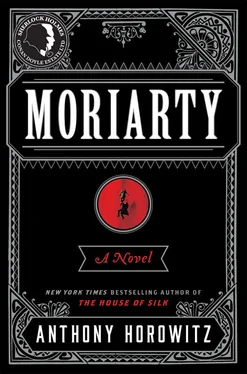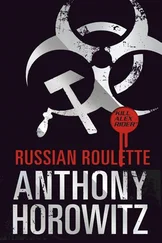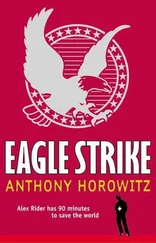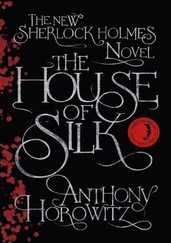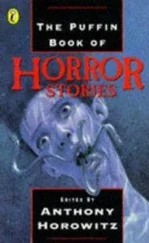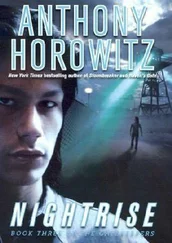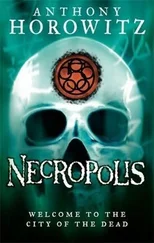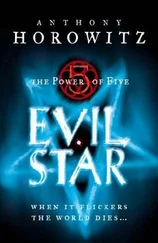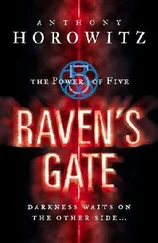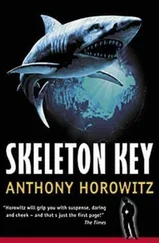‘You were an only child?’
‘No, sir, I was the second of two boys. My brother, Arthur, was quite a few years older than me and we were never close. My father was a member of Boston’s Republican Party and spent much of his time surrounded by like-minded gentlemen who prided themselves on the values which they had brought with them from England and which they felt set them apart as a sort of elite. They were members of the Somerset Club and the Myopia Club and many others. My mother, I’m afraid, was fragile in her health and spent much of the time in bed. The result was that I saw very little of either of my parents and that might explain why, in my teens, I became quite rebellious in nature and finally left home in circumstances which I still regret.
‘My brother had already joined the family firm and it was expected that I would do the same. However, I had no aptitude for the law. I found the textbooks dry and almost indecipherable. Besides, I had other ambitions. I cannot quite say what it was that first interested me in the criminal world… it may have been stories that I found in Merry’s Museum . This was a magazine read by every child in the neighbourhood. But there was also an incident I remember very clearly. We were members of the congregation at the Warren Avenue Baptist Church. We never missed a service and it was the one place we were together as a family. Well, when I was about twenty, it was discovered that the sexton, one Thomas Piper, had committed a series of quite gruesome murders—’
‘Piper?’ Jones’s eyes narrowed. ‘I recall the name. His first victim was a young girl…’
‘That’s correct. The story was widely reported outside America. As for me, although my entire community felt nothing but outrage, I must confess that I was thrilled that such a man could have concealed himself in our midst. I had seen him often in his long black cape, always smiling and beneficent. If he could be guilty of such crimes, was there anyone in our community who could genuinely claim to be above suspicion?
‘It was at this moment that I found my vocation in life. The dry world of the lawyer was not for me. I wanted to be a detective. I had heard of the Pinkertons. They were already legendary throughout America. Just a few days after the scandal came to light, I told my father that I wanted to travel to New York to join them.’
I fell silent. Jones was watching me with an intensity that I would come to know well and I knew that he was weighing my every word. There was a part of me that did not wish to open myself up to him in this way but at the same time I knew that he would demand nothing less.
‘My father was a quiet man and a very cultivated one,’ I continued. ‘He had never raised his voice to me, not in my entire life, but he did so on that day. To him, with all his sensibilities, the work of the policeman and the detective (for he saw no difference between the two) was lowly, disgusting. He begged me to change my mind. I refused. We quarrelled, and in the end I left with hardly more than a few dollars in my pocket and the growing fear that, as my home slipped away behind me, I was making a terrible mistake.
‘I took the train to New York and it is hard to convey to you my first impressions as I left Grand Central Depot. I found myself in a city of extraordinary opulence and abject poverty, of astonishing elegance and extreme depravity, the two living so close by that I only had to turn my head to pass from one to the other. Somehow I made my way to the Lower East Side, a part of the city that put me in mind of the tower of Babel, for here there were Poles, Italians, Jews, Bohemians, all of them speaking their own languages and observing their own customs. Even the smells in the streets were new to me. After my long, protected childhood, it was as if I were seeing the world for the first time.
‘It was easy enough to find a room in a tenement; every door carried an advertisement. I spent that first night in a dark, airless place with no furniture, a tiny stove and a kerosene lamp and I will admit that I was very glad to open my eyes and see the first light of dawn.
‘I had considered applying to the police force in New York, thinking that I would need some experience as a guardian of the law before I could apply to the Pinkertons, but I soon discovered that such a course of action would be practically impossible. I had brought with me no letters of recommendation; I had no connections, and without preferment of one sort or another, it would be hard even to get a foot through the door. The police were poorly resourced and corruption was rife. Would the famous detective agency, “The Eye that Never Sleeps”, even consider a rash and inexperienced youth? There was only one way to find out. I went straight to their office and applied.
‘I was fortunate. Allan Pinkerton, the most famous detective in America and the founder of the company, and his sons, Robert and William, were actively seeking recruits. It may surprise you to learn that police experience was not a requirement. In fact, it was the other way round. Many senior police officers in America first learned their trade with Pinkerton’s. Honesty, integrity, reliability… these were the qualities that counted and I found myself being interviewed along with former bootmakers, teachers and wine merchants, all hoping to better themselves in the company. Nor did my youth count against me: I was well presented and I had a good knowledge of the law. By the end of the day I had been recruited as a special operative, working on a temporary basis for $2.50 a day plus bed and board. The hours were long and it was made clear to me that my employment could be terminated at any time if I was found wanting. I was determined that it should not be.’
Briefly, I stirred my soup with my spoon. A man at a table on the far side of the room suddenly broke into loud laughter, I think at his own joke. It struck me that he laughed in a way that was peculiarly Germanic, although perhaps it was an unworthy thought.
I began again. ‘I am moving quickly forward, Mr Jones, because my own life story will be of little interest to you.’
‘On the contrary, I am immersed.’
‘Well, let me just say that my work was found to be more than satisfactory and that, over the years, I rose up within the ranks. I will mention that I returned to Boston and that I was reunited with my father, although he never completely forgave me. He died a few years ago, leaving his practice to my brother and a small sum to me. It has proved useful for, although I am not complaining, I have never been highly paid.’
‘The enforcement of the law has never been particularly well remunerated in any country, to my knowledge,’ Jones returned. ‘I might add that criminality pays more. However, you must forgive me. I interrupt.’
‘I have investigated fraud, murder, counterfeiting, bank robberies and missing persons—all of which are prevalent in New York. I cannot say that I have used the same methods, the same extraordinary intelligence that you demonstrated to me this morning. I am dogged in my approach. I am fastidious. I may read a hundred witness statements before I find the two conflicting remarks that will lead me to the truth. And it is this, more than anything, which has led me frequently to success and brought me to the attention of my superiors. Let me tell you, however, of one investigation that was entrusted to me in the spring of 1889. Although I didn’t know it at the time, it was this more than anything that was eventually to bring me here.
‘We had a client, a man called William Orton, the president of Western Union. He had come to us because his company’s lines had been intercepted and a series of completely false and damaging messages were being sent to the New York stock market with devastating results. Several large companies had been brought to the very edge of bankruptcy, and investors found themselves with losses stretching into the millions. The chairman of a mining company in Colorado, receiving one of these wires, went up to his bedroom and shot himself. Orton thought it must be the work of an extremely malevolent and cold-hearted practical joker. It took me three months and an endless series of interviews to discover the truth. It was, in fact, a remarkable and completely original form of embezzlement. A consortium of brokers, working out of Wall Street, were buying up the stocks of the companies that had been affected—acquiring them, of course, at rock-bottom prices. In this way, they were making a fortune. The operation required nerve, imagination, cunning and the bringing together of a great many criminal talents. At Pinkerton’s, we knew at once that we had never encountered anything quite like it. Eventually, we arrested the gang—but the leader, the man who had initiated the whole enterprise, slipped through our fingers. His name was Clarence Devereux.
Читать дальше
